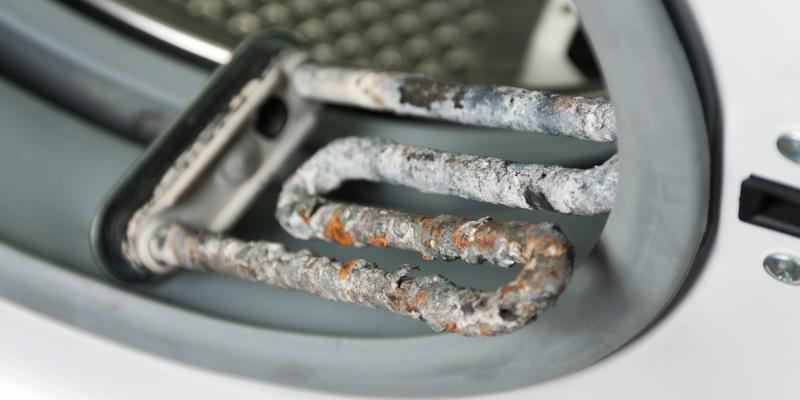Three ways hard water is hard on your home and you - and how to soften it.
30 Sep 2021

Minerals such as calcium might be good for your bones and teeth, but excess minerals in your water create what is known as hard water. Although all water might initially look the same, the dissolved levels of calcium or magnesium within hard water will create a film that you can feel and sometimes even smell. Although the excess minerals might not be immediately dangerous or worrisome, the water will cause problems in your home's pipes. From a more personal standpoint, it will cause problems with your laundry and your bathing.
1. Taste, touch and smell
The excess minerals will create a film that is readily detectable to the touch. This film will line everything from dishes to laundry. It will also create a film on your skin that is difficult to remove. Although some people might not find a thin layer of minerals aversive, most people will not feel properly clean after a shower. Additionally, the taste in your tap water can leave a lip-smacking taste of dirt. Finally, because sulphur is a common mineral found in hard water, your water can smell like cracked eggs gone bad if this is present.
2. Clogged pipes
Your pipes are meant to convey water from the water main to your faucet. However, over the duration of a few years, the minerals will harden in the pipes, creating problems with water pressure. Eventually, the pressure will decrease almost completely because the pipes are becoming layered in calcified deposits. This can break pipes, and it can add an unnecessary bill to your monthly budget when you have to call a plumber to fix or clean the pipes.
3. Ruined appliances
Your water heater is something you likely do not want to live without. It is key to comfortable showers and clean clothes. Moreover, new water heaters are expensive to buy and to install. However, hard water will leave deposits in your water heater. As this happens, it can corrode the interior, which can lead to knocking or leaking.
What to do about hard water?
The best thing to do about hard water is to install a water softening system, which will filter the minerals from the water. The result is soft water with a lower mineral concentration.
Where is the water softener installed?
Because you want to soften the water before it reaches your pipes, the water softener will be installed between the city's water main and your home's incoming water pipe. Consequently, you will enjoy soft water throughout your home. Just as important, you will not have to fret about pipes in the bathroom, laundry room, or kitchen becoming clogged because every pipe in the house will be protected.
Pro Series water softeners are the high quality water softening systems, and are easy to maintain, use block and tablet salt, and are suitable for households of up to 7 people.
Contact us today for more information on Great Water Pro Series water softeners.